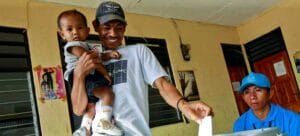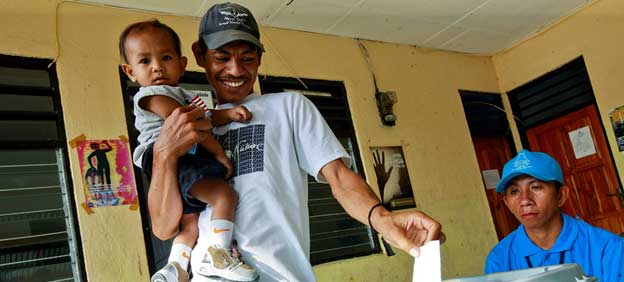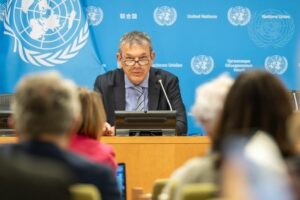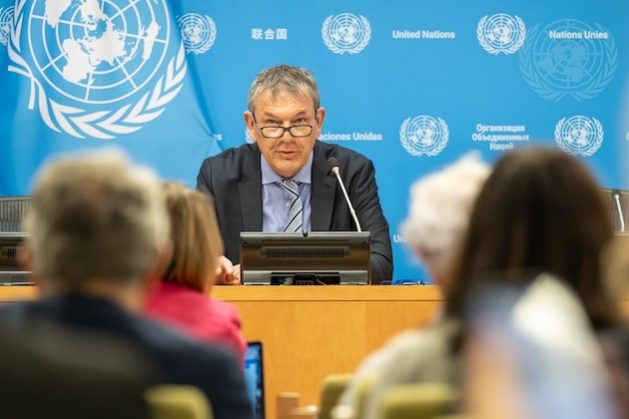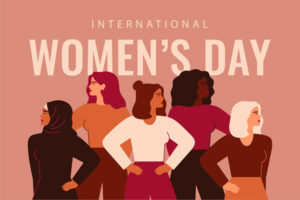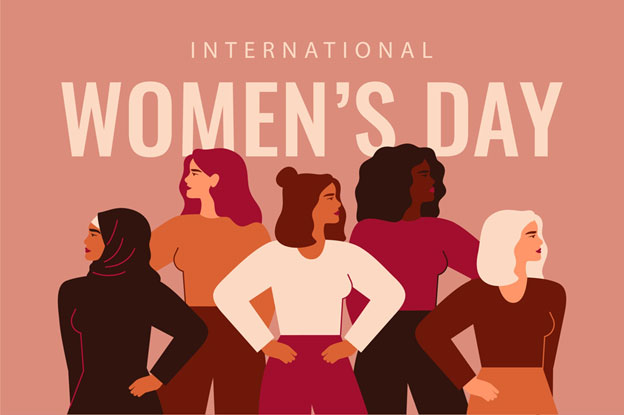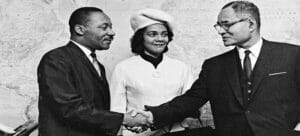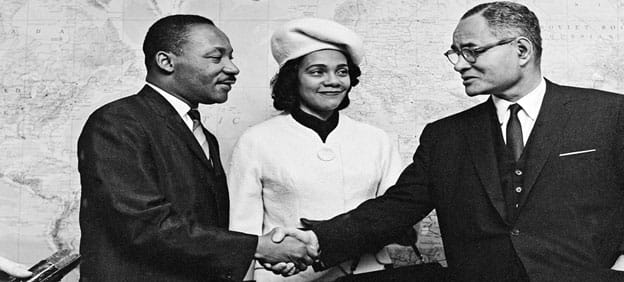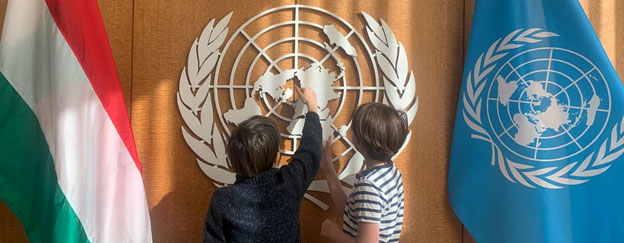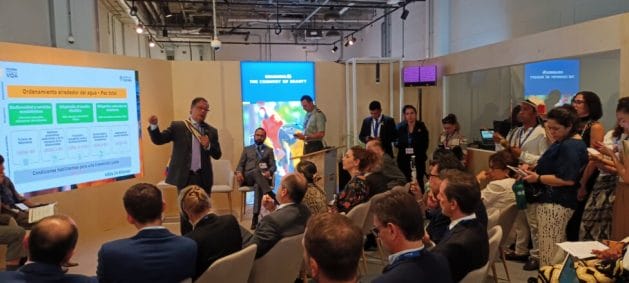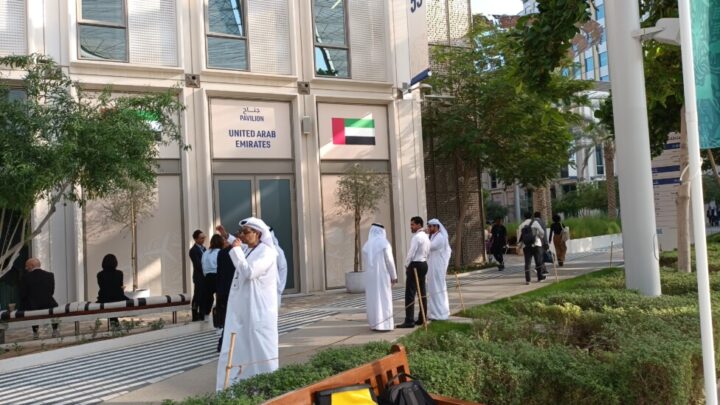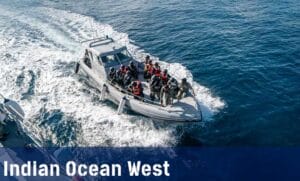
Armed Conflicts, Asia-Pacific, Civil Society, Global Governance, Headlines, Human Rights, IPS UN: Inside the Glasshouse, TerraViva United Nations
The writer is former Ambassador and Permanent Representative of Sri Lanka to the UN and, until recently, Ambassador to China
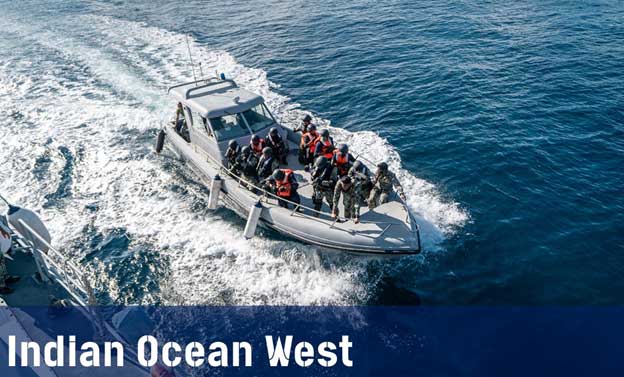
Credit: United Nations
– Unfortunately, a rivalry that should not exist and did not exist historically between China and India is being stoked by the media and some policy makers, especially in the West. It is not too difficult to discern the Machiavellian geo-strategic objectives of this complex game plan.
Most policymakers in the West find it difficult to accept that a non-European and non-white Asian nation which the West has been used to exploit and treat with disdain has risen so rapidly that it is now in a position to offer an alternative social, economic and political model to development and progress.
China has not only risen from the depths but is challenging the West in many respects, including economically, technologically, socially and even militarily. The China led the Belt and Road Initiative, the Shanghai Cooperation Organisation, the Global Development Initiative, the Asian Infrastructure Investment Bank, the BRICS Bank, etc, have posed a real challenge to the established world economic order dominated by the West.
The BRI has resulted in the investment of over USD one trillion in the countries of the region and beyond making a tangible contribution to the development of many countries and has pricked the hitherto somnolent West also to participate positively in the development of those countries.
The calculated statements of EA Minister of India, Jaishankar, while emphasising India’s obvious strategic interests, have not overly endorsed the Western approach to China. China has attracted many admirers.
China has risen in a very short period to the position of an economic super power and to become the second largest economy in the world. It is expected to overtake the US economically by the end of this decade. It is also the main source foreign investments in the world, not to mention tourists.
It is also the biggest source in the global supply chain and the most lucrative multi billion dollar consumer market. All this is causing serious discomfort to those countries in the West, giving rise to damaging efforts at delinking, which were so used to dominating the world unchallenged. China’s technological advancement is nothing short of spectacular.
There could even be racist undertones to the criticisms being directed at China, a poor Asian country formerly dominated and exploited willy nilly by the West and to the reluctance to accept its new status and its own model of development. (One recalls that in the 1980s, a resurgent Japan experienced a similar process of vicious containment resulting in twenty years of stagflation).
China, for its part, has not articulated any desire to dominate or influence its economic partners and others or impose its political and economic model on anyone else. On the contrary, it has consistently expressed a desire to achieve a common future and a goal of shared prosperity, without domination. To judge Chinese intentions through the prism of the West’s own historical experience is patently wrong.
Both India and China are over dependent on Indian Ocean sea routes for the transport of their energy needs. While both would want to ensure the safety and security of Indian Ocean sea routes, both should also take adequate measures to prevent competition from blowing into confrontations of unmanageable proportions.
China has never expressed interest in establishing bases in the Indian Ocean region or acquiring territory. Its only military base in the region is in Djibouti established as part of a multinational effort to counter pirates.
The West which has been dominating the region since 1500 AD tends ascribe similar motives to China against the background of its own past record. (The situation with regard to Hambantota which has crept in the West’s narrative requres a longer explanation).
Sri Lanka’s initiative in the 1970s to establish an Indian Ocean Zone of Peace, although designed to contain the then prevalent super power rivalry in the Indian Ocean, may become relevant again in the contemporary context.
The situation in the Maldives should NOT be viewed purely from the Western lens and characterised as a simple case of China – India rivalry for regional influence. The domestic Islamic political imperatives and the resulting political pressures on the Maldivian leadership are important factors.
It is a fact that Chinese companies have been proactive in developing infrastructure in Maldives for sometime and their work is of good quality. India’s official reaction to the Maldivian measures has been measured. China has signed a number of bilateral agreements with the Maldives and Maldives readily agreed to accept a ship visit from a Chinese research vessel which was denied access to Sri Lankan ports due to Indian pressure.
Some critics argue that Chinese investments in Sri Lanka are part of a larger geopolitical strategy by China to expand its influence in the region.
This assertion needs to be stripped of its polemical outer layer to appreciate its essential shallowness. To begin with, it is mainly raised by commentators from countries which had rapaciously exploited vast swathes of the non white world through conquest and colonialism for centuries and continuing economic domination, conveniently ignoring their ongoing depradations.
Sri Lanka, which desperately needs development funding, has welcomed the China’s Belt and Road Initiative (BRI) at the highest levels. It has not sought to exclude anyone else from participating in our development process. We have steadfastly asserted our non-aligned status and our neutrality.
In fact, our President has characterized the AUKUS alliance, which is designed to contain China, as a mistake. The Sri Lankan Prime Minister visited China this week and was received at the highest levels.
China has already invested around USD one trillion in the countries that joined the BRI, and more is forthcoming. Sri Lanka needs to develop fast and has no option but to welcome investment funding from all sources.
As a sovereign and independent state, Sri Lanka must be free to select its own development partners and its own development model. In the process, it has not sought to exclude anyone nor posed a threat to anyone, directly or indirectly. Sri Lanka has welcomed all friendly countries to participate in its development process.
I would not characterise Sri Lanka’s approach to development as a balancing act. It is not. Sri Lanka must work with all countries to achieve its own development objectives which should not be held hostage to the unfounded sensitivities of any other party.
Dr Palitha Kohona is also a former Sri Lanka Foreign Secretary, Head of the UN Treaty Section, chairman, UN Indian Ocean Committee and Chairman of the UN’s Sixth Committee.
IPS UN Bureau

